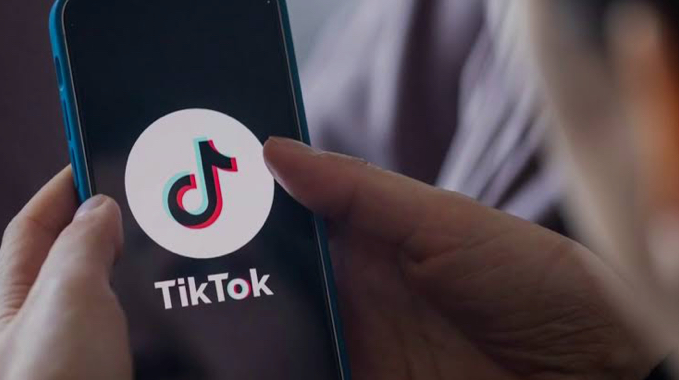Montana lawmakers passed a bill Friday blocking downloads of TikTok, the most significant action yet by a state yet against the app.
The bill, SB 419, makes it illegal for app stores to give users the option to download the app and also illegal for the company to operate within the state.
The bill does not, however, make it illegal for people who already have TikTok to use the app. A previous version of the bill sought to force internet providers to block TikTok, but that language was later removed.
The bill passed by a vote of 54-43.
The bill is now headed to Gov. Greg Gianforte, a Republican, who is expected to sign it. He previously banned TikTok on government devices in Montana. Other states have enacted similar executive orders banning the app on government-owned devices and networks.
The bill referred to concerns over data safety, surveillance from the Chinese government and minors engaging in “dangerous activities” as a result of TikTok use including “cooking chicken in NyQuil” and “attempting to climb stacks of milkcrates.” These activities were part of so-called challenges that critics say were popularized by users on the app.
Brooke Oberwetter, a spokesperson for TikTok said in a statement: “The bill’s champions have admitted that they have no feasible plan for operationalizing this attempt to censor American voices and that the bill’s constitutionality will be decided by the courts.
“We will continue to fight for TikTok users and creators in Montana whose livelihoods and First Amendment rights are threatened by this egregious government overreach.”
Shelley Vance, the bill’s sponsor, did not immediately respond to a request for comment. A spokesperson for Gianforte did not immediately respond to request for comment.
If passed, the app ban in Montana would go into effect in 2024.
The news comes amid mounting concerns over the app among lawmakers due to security concerns with its Chinese owners. Last month, the Biden administration gave TikTok’s Chinese parent company ByteDance an ultimatum: divest ownership or face a federal ban.
TikTok has not indicated it would abide by a forced sale. Instead, the company has launched a charm offensive: a plan outlining steps they would take to secure user data as well as touting the small businesses that depend on the app.
It is still unclear how a ban would look in practice and what steps state officials would take to enforce the new policy.
“The Montana Department of Justice would investigate reported violations and levy fines against the entities (i.e., TikTok and mobile application stores) if violations occur,” said Kyler Nerison, the communications director for the Montana Attorney General.
The text of the bill, however, offered a preview of what proponents are advocating for.
TikTok would not be available to download on app stores and would not be allowed to operate in Montana, according to the bill.
Violations of a ban include each time a user offered the ability to download the app. Each violation could carry a $10,000 penalty. Enforcement would be handled by the Montana Department of Justice.
Ari Cohn, a free speech counsel at TechFreedom, a nonpartisan tech think tank, called the ban “short-sighted and overreaching.” If the government is worried about data privacy, Cohn said it should first pass a comprehensive federal data privacy law. A state ban, in his view, would be difficult to enforce in a meaningful way due to workarounds such as VPNs.
“The internet is far greater than one state, is far greater than one country,” he said. “If we’re going to start regulating things like this, it really needs to be done at the federal level. A patchwork of 50 different laws just isn’t workable.”
Cohn also added that the ban is likely to face legal challenges, with arguments it would infringe upon free speech rights.

